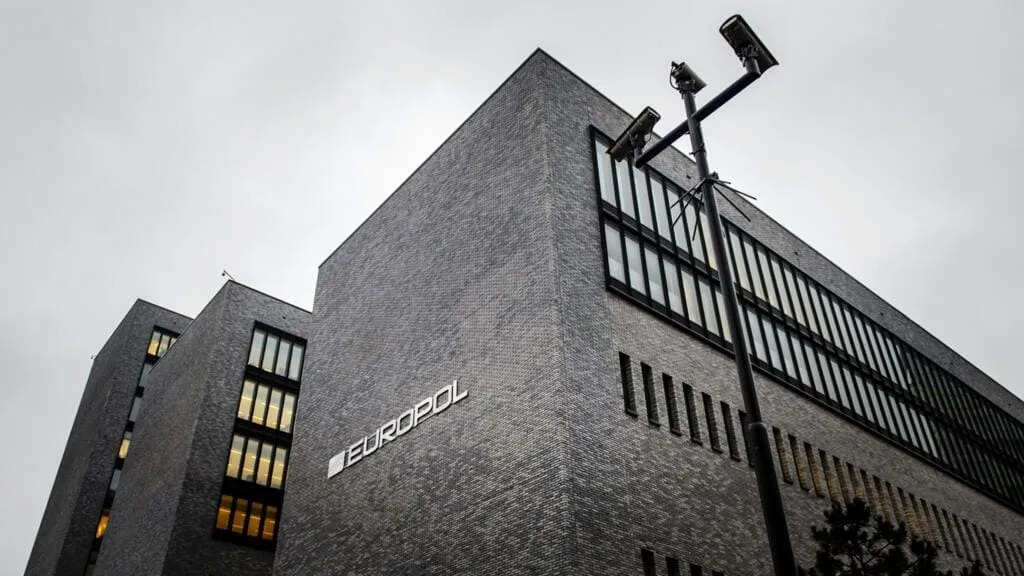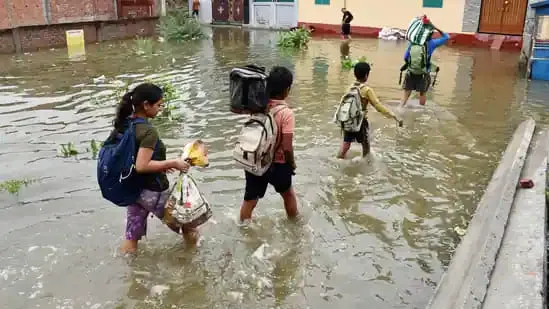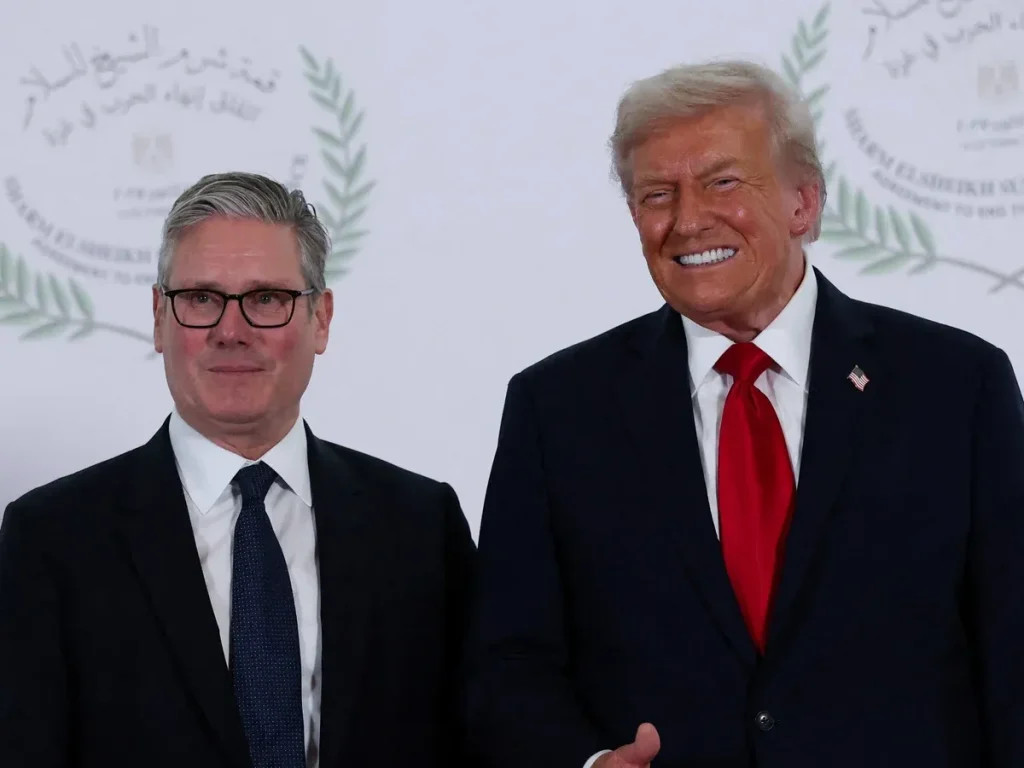From the return of Donald Trump to the White House to massive shifts in the technology sector, 2025 has been a year of historic change. A ceasefire in Gaza offered a glimmer of hope, while extreme weather and youth uprisings reshaped nations across the globe.
Here are the 10 major events that defined the year.
1. Donald Trump Returns to Power
In January, Republican Donald Trump returned to the White House for a second term. His administration immediately launched a protectionist offensive. This included mass deportations of undocumented immigrants and the dismantling of various federal government sections.
Domestically, the administration deployed the National Guard in Democrat-voting cities and challenged diversity initiatives. However, the political landscape remains fragile. Rising dissatisfaction with the cost of living has led to stinging defeats for the Republican party in local elections, creating uncertainty ahead of the upcoming midterms.
2. A Fragile Ceasefire in Gaza
After two years of devastating war, US diplomatic pressure finally led to a ceasefire between Israel and Hamas. The truce facilitated a prisoner swap, allowing the last surviving hostages to return to Israel.
While humanitarian aid flow increased, it remains insufficient to meet the territory’s needs. The peace remains fragile.
-
Regional Tensions: Israel carried out retaliatory airstrikes following alleged violations.
-
Wider Conflict: Strikes continued on Hezbollah strongholds in Lebanon.
-
Direct Conflict: In June, Israel launched raids against Iran’s nuclear facilities during a 12-day conflict.
3. Stalled Talks in Ukraine
Efforts to end the Russia-Ukraine war faced significant hurdles. President Trump’s approach fluctuated between criticizing Ukrainian President Volodymyr Zelensky and imposing sanctions on Russia.
A high-stakes summit between Trump and Vladimir Putin in Alaska ended early in August without a breakthrough. By November, international negotiations resumed based on a draft US plan. However, Kyiv and its European allies viewed the initial terms as too favorable to Moscow. Meanwhile, Russian forces continued to advance at a massive financial and human cost.
4. The Global Trade War
The global economy shook as the US imposed sweeping tariffs on strategic industries like steel, aluminum, and copper. This sparked a trade dispute that forced the European Union and China to negotiate new deals.
Closer to home, talks with Canada were suspended following political friction. However, facing pressure to lower living costs for Americans, the administration canceled tariffs on food products like coffee and beef in mid-November.
5. A New American Pope
On May 8, the Catholic Church elected its first American pope. Robert Francis Prevost, a 69-year-old Chicago native, took the name Leo XIV.
White smoke rose above the Sistine Chapel after a rapid conclave. The new pontiff has prioritized the poor, migrants, and the environment. However, he has also reassured conservative factions by ruling out the ordination of women as deacons and the recognition of same-sex marriage in the short term.
6. Gen Z Uprisings Go Global
Young people across Asia, Africa, and Latin America spearheaded mass movements against corruption and censorship. These protests achieved mixed results.
-
Regime Change: Prime Minister KP Sharma Oli of Nepal and President Andry Rajoelina of Madagascar were forced from office.
-
Repression: Protests in Tanzania were suppressed, while demonstrators in Morocco face prosecution despite promised reforms.
Notably, the pirate flag from the manga “One Piece” became a global symbol of resistance for these movements.
7. The Artificial Intelligence Bubble
Tech giants poured nearly $1.5 trillion into artificial intelligence this year. This spending frenzy briefly drove chipmaker Nvidia’s valuation beyond $5 trillion.
However, market analysts fear a speculative bubble. Beyond financial concerns, the technology faces a backlash. Issues range from copyright lawsuits to mass layoffs. Additionally, OpenAI faces legal challenges regarding the safety of its chatbots for young users.
8. The Great Louvre Heist
On October 19, the world witnessed an audacious robbery in Paris. Thieves disguised as workers entered the Louvre Museum using a furniture ladder.
They escaped on scooters with Crown Jewels valued at roughly $102 million. Although police arrested three suspects, the stolen treasures remain missing. The incident has sparked a fierce debate regarding security measures at major cultural institutions.
9. US Strikes Inflame Tensions with Venezuela
Since August, the US has maintained a heavy military presence in the Caribbean and Pacific to combat drug trafficking. The military has carried out over 20 strikes against suspected drug vessels.
These actions have escalated regional tensions. Venezuela views the operations as a pretext for regime change. The US Justice Department maintains the strikes are lawful and continues to offer a $50 million reward for the capture of President Nicolas Maduro.
10. Record-Breaking Extreme Weather
Climate change fueled by human activity continued to cause devastation.
-
The Caribbean: Hurricane Melissa devastated Jamaica, Haiti, and Cuba.
-
Southeast Asia: The Philippines and Vietnam suffered through multiple typhoons and deadly floods.
-
Europe and US: Record heatwaves fueled massive wildfires. In the US, fire danger forced the closure of the Grand Canyon’s North Rim during peak tourist season.























